Brazil Potash Project — Brazil’s aggressive cropland expansion in recent years has earned it the title of the world’s top soybean producer. However, this growth has created a new challenge: where to source essential crop inputs such as potassium fertilizer, as global trade uncertainty and geopolitical tensions continue to disrupt supply chains.
Brazil Potash Eyes Domestic Solution
According to Matt Simpson, CEO of Brazil Potash Corp., the solution lies beneath Brazilian soil. The Canadian-based company aims to become Brazil’s leading domestic potash producer by the start of the next decade.
Brazil Potash plans to begin construction soon on its $2.5 billion Autazes Project, located in the Amazon’s potash basin in northwest Brazil. The project will feature two potash ore mine shafts, a processing plant, and a river port to distribute fertilizer to growers nationwide. Construction is scheduled to start in early 2026 and finish by late 2030.
Diversifying Global Potash Supply
Currently, global potash production is concentrated in Canada, Russia, and Belarus. Once operational, the Autazes Project could diversify global supply and reduce dependence on these traditional producers. The move could also benefit U.S. farmers by easing global supply pressure while fueling Brazil’s continued cropland expansion and cementing its position as a top grain exporter.
Corporate Overview and Financial Performance
Headquartered in Toronto, Brazil Potash trades on the New York Stock Exchange under the ticker “GRO.” In November, the company raised $30 million through an initial public offering of 2 million common shares. Despite this, it remains in its early growth phase, reporting an operating loss of $46.6 million in 2024. The company’s share price currently trades below $2, down sharply from $15 during the IPO.
Rising Trade Frictions Add Pressure
Brazil’s fertilizer ambitions come amid rising global trade tensions. Earlier this year, U.S. President Donald Trump increased tariffs on some Brazilian goods from 10% to 50%, escalating economic friction between the two nations.
While Canada supplies up to 90% of U.S. potash imports, these tariffs have raised concerns among U.S. farmers facing already tight margins due to low crop prices and high input costs.
Challenges for Brazil’s Fertilizer Sector
Brazil’s logistics sector faces its own hurdles. The country has a history of strikes by truck drivers and port workers, which periodically disrupt agricultural exports. In October 2024, nearly 60,000 port workers held a 12-hour strike to protest a bill threatening to dissolve certain unions, according to local reports.
Global Potash Landscape
According to Natural Resources Canada, Canada leads global potash production with a 32% market share, followed by Russia (18%) and Belarus (16.6%).
The U.S., by contrast, produces only 400,000–500,000 metric tons annually—less than 1% of global output—while consuming over 5 million metric tons each year.
Brazil consumes about 13.8 million metric tons (MMT) of potash annually, importing nearly all of it. With demand growing at around 7% per year, the Autazes Project could mark a turning point in Brazil’s long-term fertilizer independence.
Key Takeaway
The Brazil Potash Project has the potential to transform the country’s fertilizer landscape, reduce import dependency, and enhance food security. If successful, it will not only strengthen Brazil’s position in global agriculture but also reshape international potash trade dynamics.
For further information, please contact:
FERTILIZERFIELD Portal — Your Fertilizer News, Prices, Projects & Tenders Hub
📧 support@fertilizerfield.com | 🌐 www.fertilizerfield.com

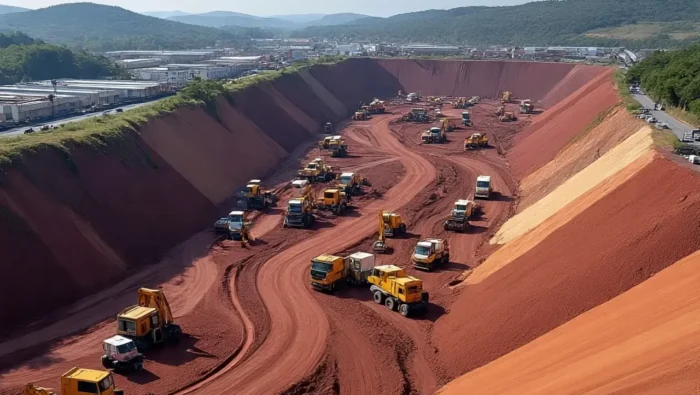
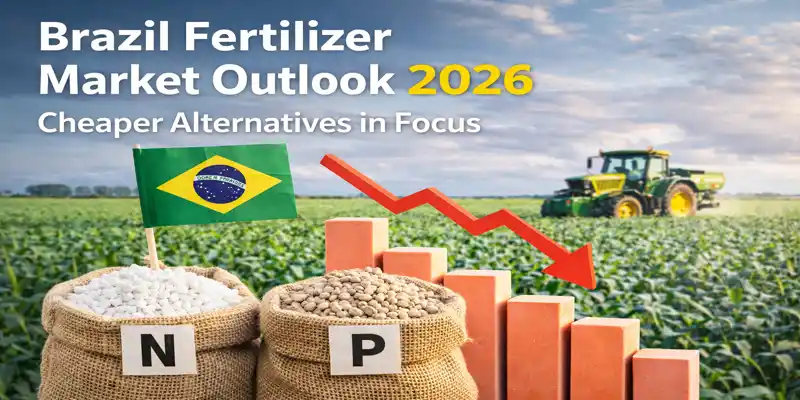
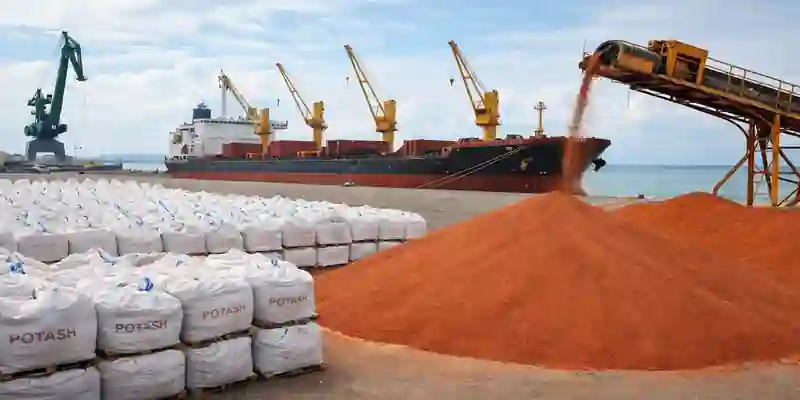
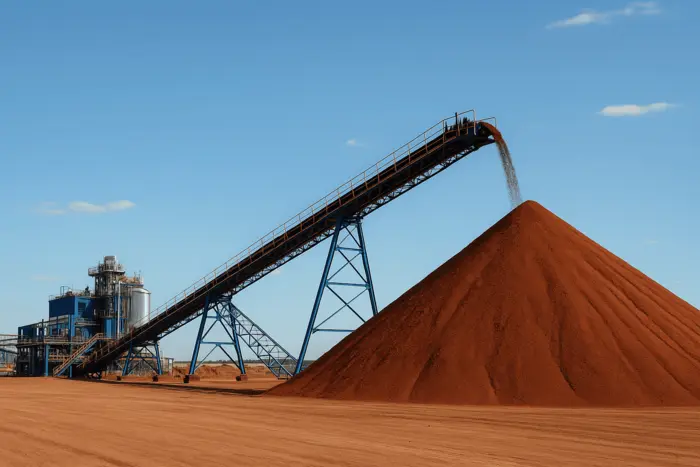
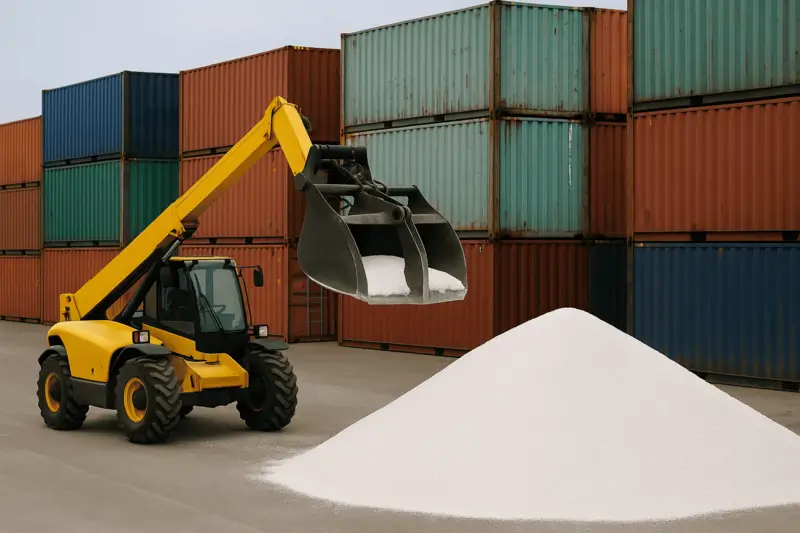
22 Mohamed Ezz el Arab st., Louran Aleaxnderia ,Egypt
Mob. +2 01113363111
Email: na.elsayed@yahoo.com
Personal data
• Date of birth:17/8/1972
• Nationality:Egyptian
• Gender :Male
• Military status:Finished
• Material status : Married
Education
• B.sc of chemical engineering faculty of engineering Alexandria University
• Grade good
• Graduation date June 1995
Personal skill
• Arabic mother tongue
• English excellent in reading and writing, fluent spoken
• Familiar with all computer programs including Oracle asset management
Working experience
I have significant experience over 24 years for urea plant operation, pre-commissioning, commissioning, preparation for startup, start up, shutdown and turnarounds.
March 2013 till now
• Urea process and Bagging manger
Duties & Responsibilities:
• Manage and follow up the Urea production line by organizing and coordinating
with other departments (Maintenance, Instrumentation and Electrical) to achieve the company targets and to ensure the final product in line with the company standards.
• Follow up the equipment performance and monitoring the execution of planned preventive maintenance activities
• Daily routine work for the all urea process team and organizing the shifts and evaluating employees..
• Urea Plant calculation load to achieve company monthly production plan.
• Urea plant performance, specific consumption and efficiency calculation.
• Planning and Preparation for operation and maintenance activities during shutdowns and turnarounds.
• Management of training courses for the all urea process team.
• Process member responsible for ISO certificates, Environmental Management 19001, Quality management 9001, Energy Management 50001 and IFA protect and sustain (P&S).
• Ensuring that health and safety instructions inside Urea production Dep.
are followed.
July 2006 till March 2013
• Shift senior engineer urea plant
– Team leader for pre-commissioning, commissioning and start up for,Stamicarbon urea synthesis plant 1750 ton/day.
– Stamicarbon granulation plant 2000 ton /day (first stamicarbon granulation unit in Egypt).
June 1998 till June 2006
• Urea process shift leader engineer in Abu Qir Fertilizers Company
Duties & Responsibilities:
• Group team leader for pre-commissioning, commissioning and start up for the first fertilizer production plant in Egypt controlled by DCS control system.
o Stamicarbon urea synthesis plant 1750 ton/day
o Yara granulation plant 2000 ton /day
Sufficient and safe operation for urea plant to achieve the plant production plan.
Dealing with abnormal conditions and troubleshooting to keep the plant running under normal operating condition and keep the final product specification in range suitable for export.
Group leader for plant shutdowns and turnarounds.
• From JULY 2006 till now: Urea process engineer in Alexandria Fertilizers Company (Alexfert)
Training courses:
• Attending international conferences, Nitrogen Syngas, Stamicarbon Symposium.
• Many training courses including technical, safety and management aspects.